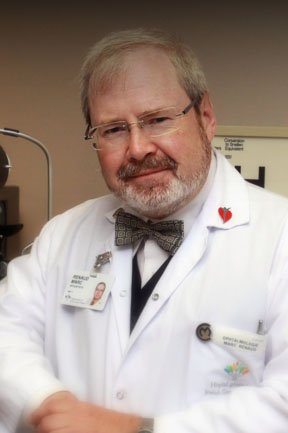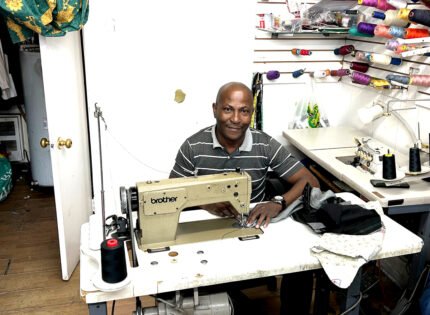World Glaucoma Week: March 6 to 12.
ONE OF THE MANY
REASONS TO HAVE
REGULAR EYE CHECK-UPS.
Glaucoma is a group of eye diseases that slowly damage the optic nerve, the part of the eye that carries the images you see, to the brain. Once damaged, irreversible blind spots will develop, resulting in less peripheral (side) vision and potentially blindness. (World Glaucoma Association) It is on the World health Organization list of priority eye diseases.
Glaucoma is the leading cause of preventable blindness worldwide and the first for irreversible loss of vision. It is the second cause of blindness worldwide, according to the World health organization. It is insidious, that’s why it’s called ‘’the silent or sneak thief of sight’’ and can affect anybody. (More than 409,000 people in Canada, 70 million worldwide) And the numbers are growing.
Generally, it does not present symptoms at it’s onset, therefore many of its victims (over 50%of people affected) do not know they have it. That is why regular eye check-ups are so important.
Early detection is critical, mainly because glaucoma is a disease that can be controlled with the use of medications, laser treatments, surgery and of course, regular visits to your ophthalmologist.
Some risk factors include being over age 45 (2.5% of the population affected and that goes up to about 11% when you get in the plus 80 age group). Heredity can be another factor, (so check family history) high intra-ocular pressures, vascular diseases and more. Glaucoma is also more prevalent with people of African descent and Hispanics. Some studies show as well that, people with diabetes are three times more likely to develop glaucoma than the general population age 40 and more.
Veterans may have also developped glaucoma from blunt traumas such as being hit on the eye, complications from eye surgery, or from other eye diseases and melanomas.
If you have glaucoma, medication observance and persistence are very important: proper use of medications will help you keep your eyesight. Good communication with your ophthalmologist and your pharmacist will help you become part of the treatment team, not just a passive care receiver: your implication in your treatment is crucial as in the case of all chronic diseases such as glaucoma.
You can ask your ophthalmologist or your optometrist if there are any help-groups or information sessions on glaucoma in your area such as the one that can be found at the McGill Glaucoma Information Centre –Jewish general hospital in Montreal. This centre offers free of charge, a 2 hour awareness and educational seminar open to all. If you cannot find a similar program in your locality, you can access this information on this website: jgh.ca/en/GlaucomaDVD and you will find a DVD on everything you need to know including how to use eyedrops.
On World Glaucoma Week, you may want to check with your ophthalmologist to see if there is an event held in your area. or visit our website if you want more information on this disease. http://www.jgh.ca/glaucoma
The author:
Marc Renaud, Ophtalmic technician, speaker and project manager, McGill Glaucoma Information Centre, Jewish general hospital, Montreal. His work in glaucoma awareness has been recognized by many awards notably in 2015 with the gouverment of Quebec’s National Assembly Medal and the Order of Merit, Louis-Lacoste prize from the city of Boucherville for his glaucoma outreach programs ‘’regionally and internationally’’















